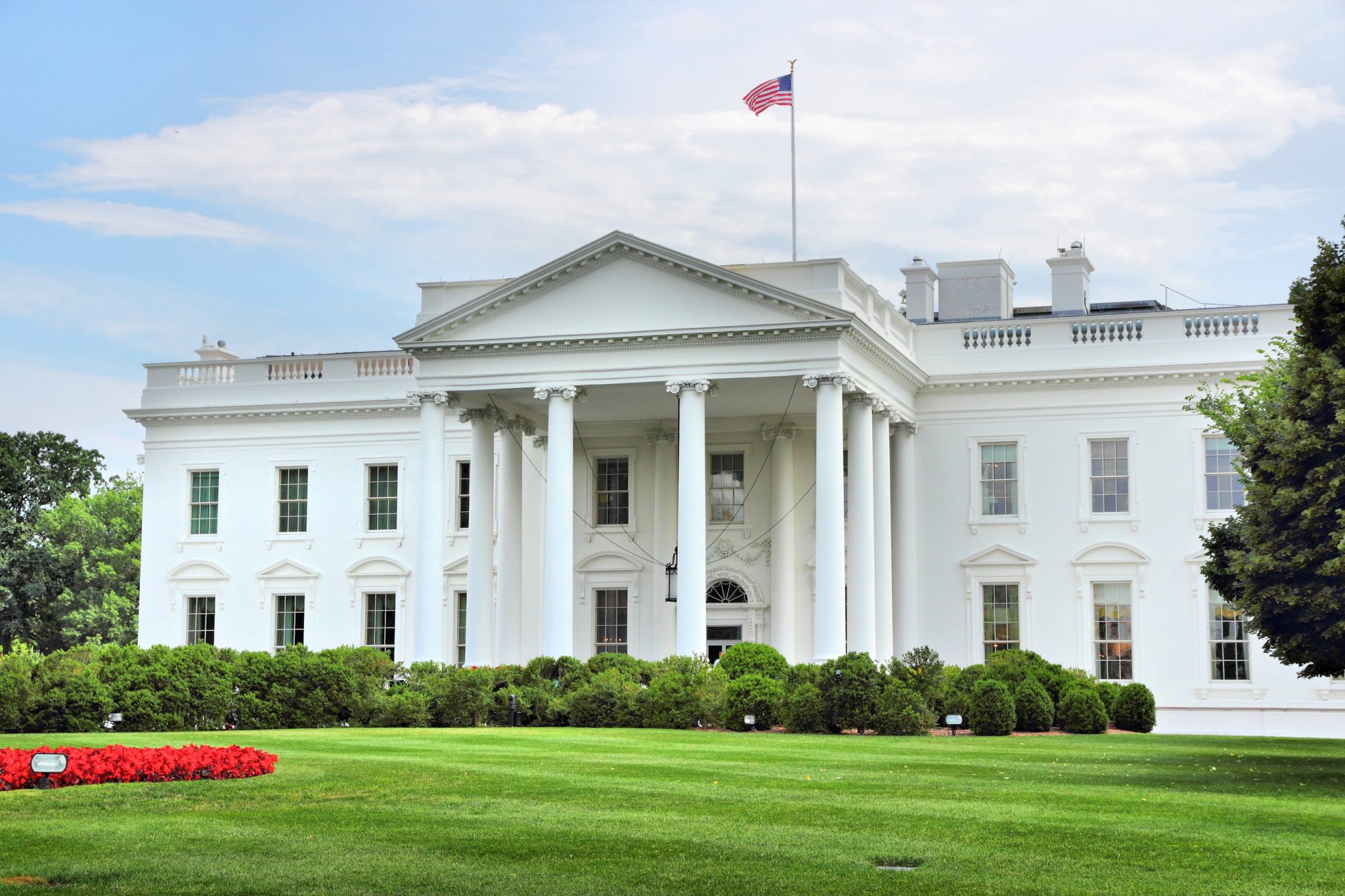President Joe Biden on Monday said that he would push the government to free up more radio airwaves to further power everything from smartphones to self-driving cars and 5G home internet services.
The White House unveiled a National Spectrum Strategy that would direct the National Telecommunications Information Administration to conduct a two-year study to see how the government could repurpose 2,786 megahertz of spectrum for use in an increasingly large range of wireless devices.
The move comes as data demands from consumers and new technology innovations continue to grow at a tremendous pace, requiring new bands of radio airwaves to provide connectivity. From 5G home internet service to advances in Wi-Fi and the next-generation 6G standard, more people and devices are expected to connect to a wireless network. Cellular companies like AT&T and T-Mobile are already talking about the need for more spectrum based on how customers already use their networks.
In addition, the White House believes having enough access to spectrum will power the innovation required for the U.S. to maintain its technological leadership position in the world.
“U.S. leadership in next-generation technologies and services requires greater spectrum access for both the private and public sectors. To continue our Nation’s economic growth, to maintain and improve our global competitiveness, and to support critical public services and missions, we must
make spectrum available for innovative new uses and to meet growing demand,” the White House said in the strategy doc.
Beyond wireless devices on the ground, the spectrum would also be used to power the increasing number of satellite-based services that are springing up. SpaceX’s Starlink satellite-based internet service has grown in popularity, and other companies like Amazon’s Project Kuiper are looking to follow.
The U.S. identified five bands of spectrum, which are a mix of federal and shared federal/non-federal bands. It emphasized the use of mid-band spectrum, which is the “sweet spot” area of radio airwaves that offers the best mix of range and speed.
Intel lauded the move for bolstering the country’s efforts to invest in new technology.
“Intel appreciates today’s release of the National Spectrum Strategy. Developing a spectrum pipeline is crucial for the development and deployment of wireless technologies including 5G, 6G, and Wi-Fi, which have the potential to revolutionize industries and help create a smarter, safer, and more sustainable future,” said Bruce Andrews, chief government affairs officer at Intel. “We look forward to timely implementation to ensure the U.S. plays a leading role in communications.”
One group is hoping the move means more than just the major wireless carriers are able to use the spectrum.
“Consumers win when providers compete, which is why the National Telecommunications and Information Administration must prioritize diversity in spectrum ownership and use cases – not exclusive use by a handful of wireless providers,” said the trade group Spectrum for the Future. “We look forward to working with the Administration to accelerate progress in the months ahead.”

